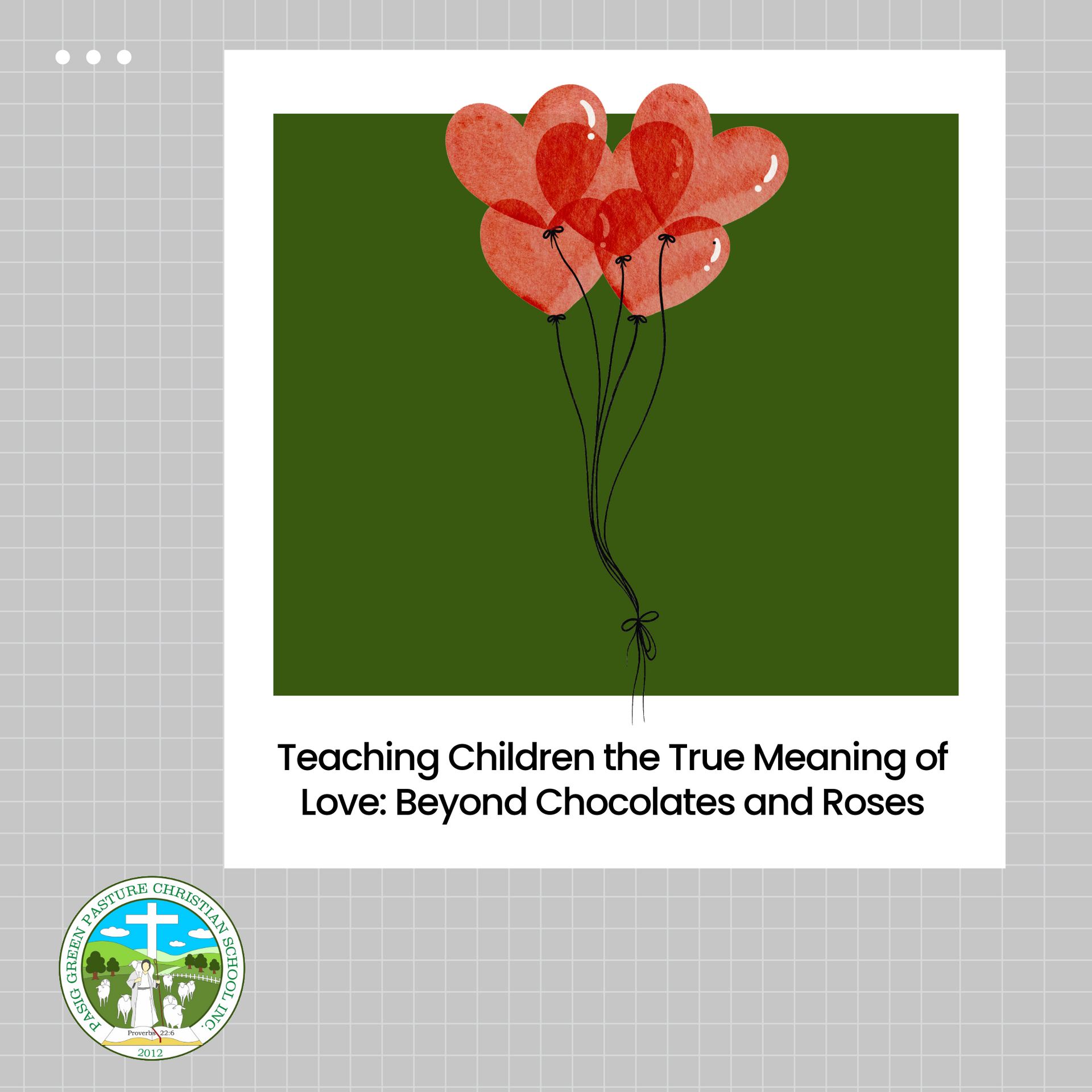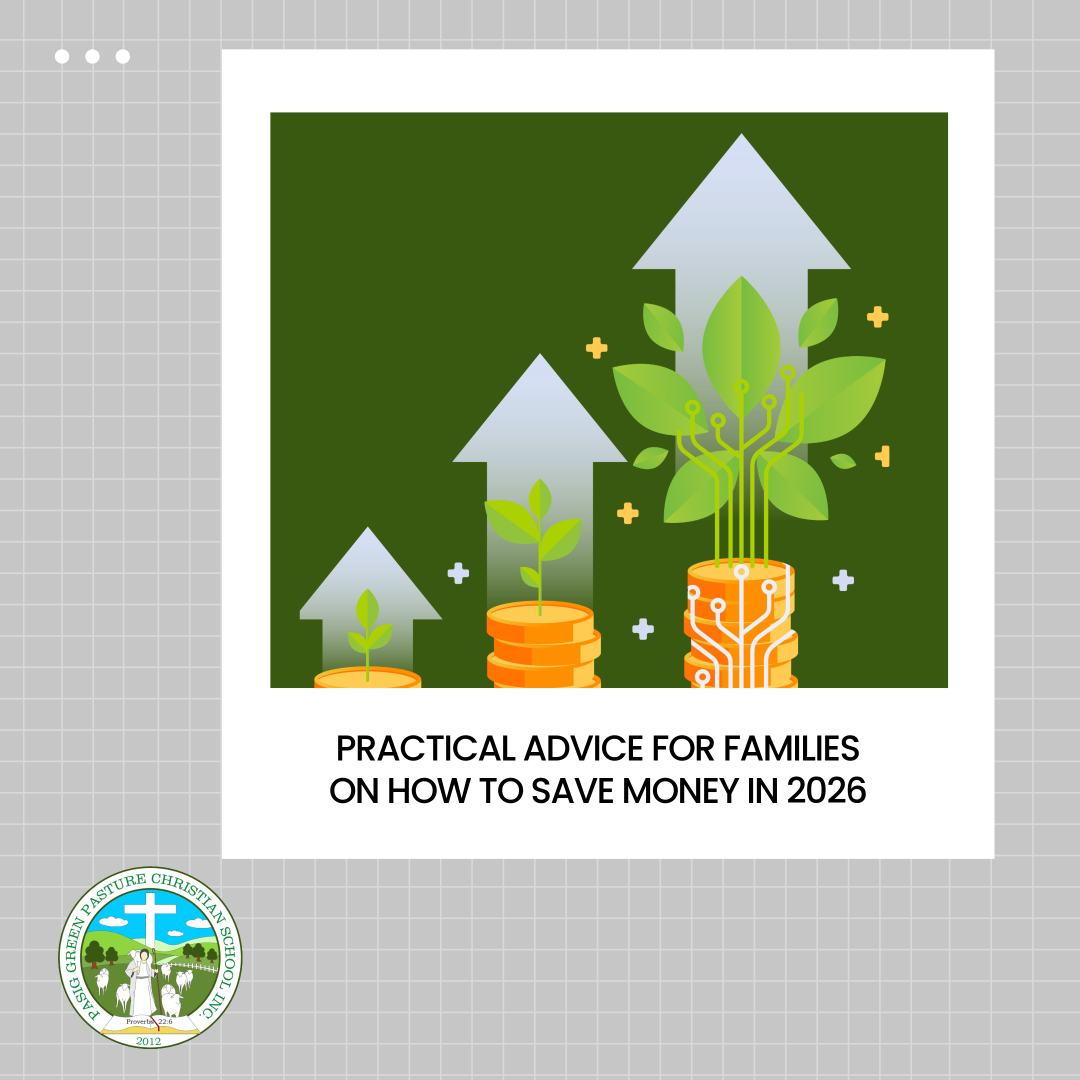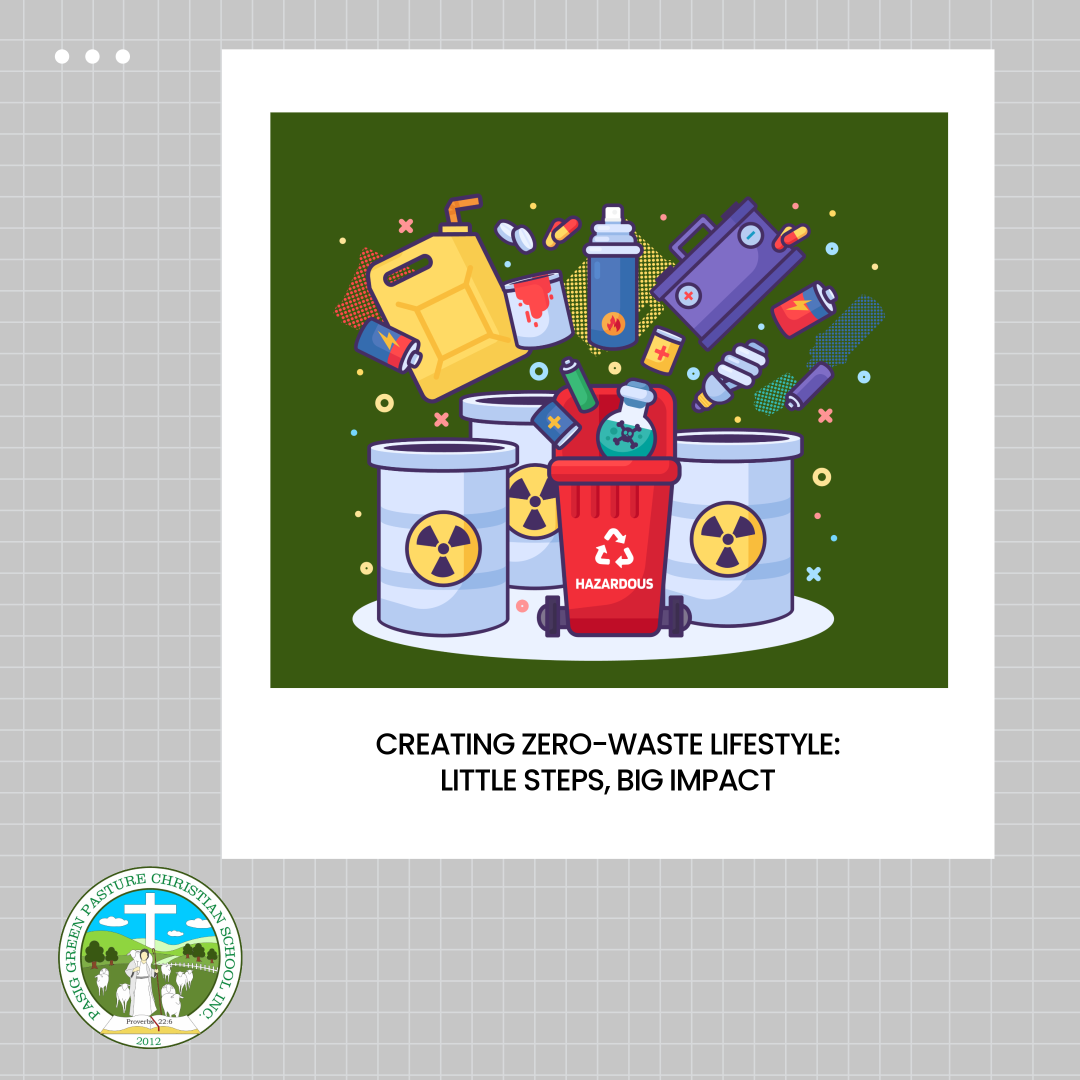Sharing Relevant Learning with a Heart: The Calling of Christian Teachers at Pasig Green Pasture Christian School Inc.
The challenge for educators in today’s world that is changing quickly and where knowledge is easily accessed is to convey wisdom—truth that changes the heart as well as the mind—instead of merely facts. From Preschool through Senior High School, our teachers at Pasig Green Pasture Christian School Inc. embrace this precious calling by guiding our Green Shepherds toward lifelong learning based on God's Word.
Teaching Beyond Lessons
Each classroom becomes more than a learning space—it becomes a ministry ground. Whether it’s teaching a preschooler how to read, guiding an elementary pupil through math problems, or mentoring a senior high student discerning their life purpose, our Christian teachers aim to connect knowledge with Kingdom values.
They teach not only how to think critically but also how to live rightly. Lessons are intentionally designed to be relevant—equipping our students to face real-world challenges while anchored in faith, compassion, and integrity.
Faith-Driven Learning
At the heart of every lesson is the belief that “The fear of the Lord is the beginning of wisdom” (Proverbs 9:10). Our teachers infuse biblical truth into every subject, helping students see God’s hand in science, His order in mathematics, His creativity in arts, and His grace in language and literature.
This integration of faith and learning ensures that our Green Shepherds do not just grow intellectually—they mature spiritually and morally, becoming lights in their generation.
Raising a Generation of Difference-Makers
From Preschool’s first alphabet song to Senior High’s final research defense, our goal remains the same: to nurture hearts that love God and minds that seek excellence. Christian teachers at PGPCSI do not simply aim for academic success—they aim for life transformation.
Each day, they sow seeds of faith, hope, and perseverance. They remind every learner that they are fearfully and wonderfully made, called for a purpose, and destined to make a difference in the world.
A Legacy of Faith and Learning
The story of Pasig Green Pasture Christian School continues to be written—one child, one teacher, one lesson at a time. And as our Christian educators faithfully serve in classrooms, they leave a lasting imprint on the lives they touch—an imprint that goes beyond grades and diplomas, one that echoes eternity.
“Let your light so shine before men, that they may see your good works and glorify your Father in heaven.” — Matthew 5:16










